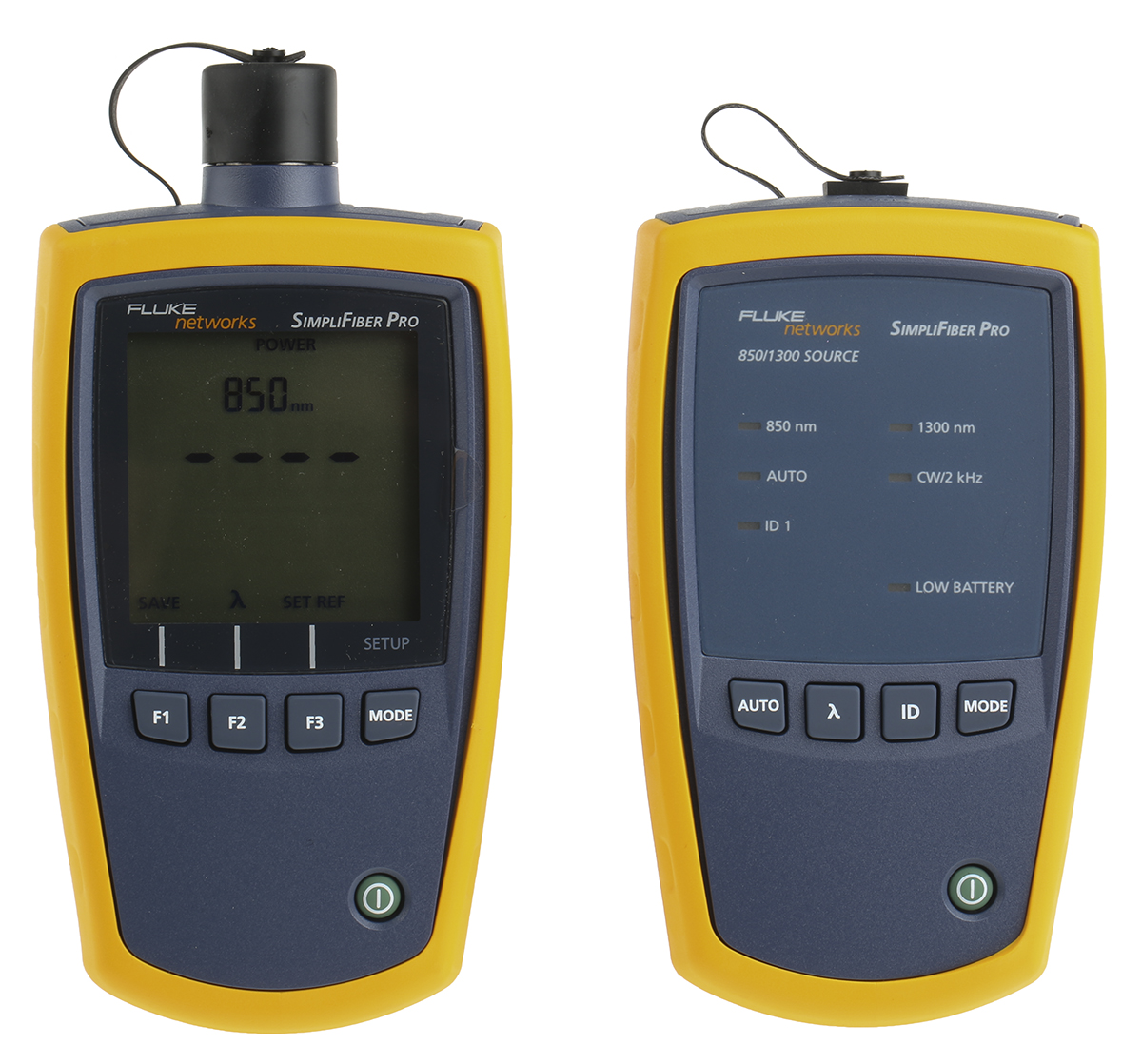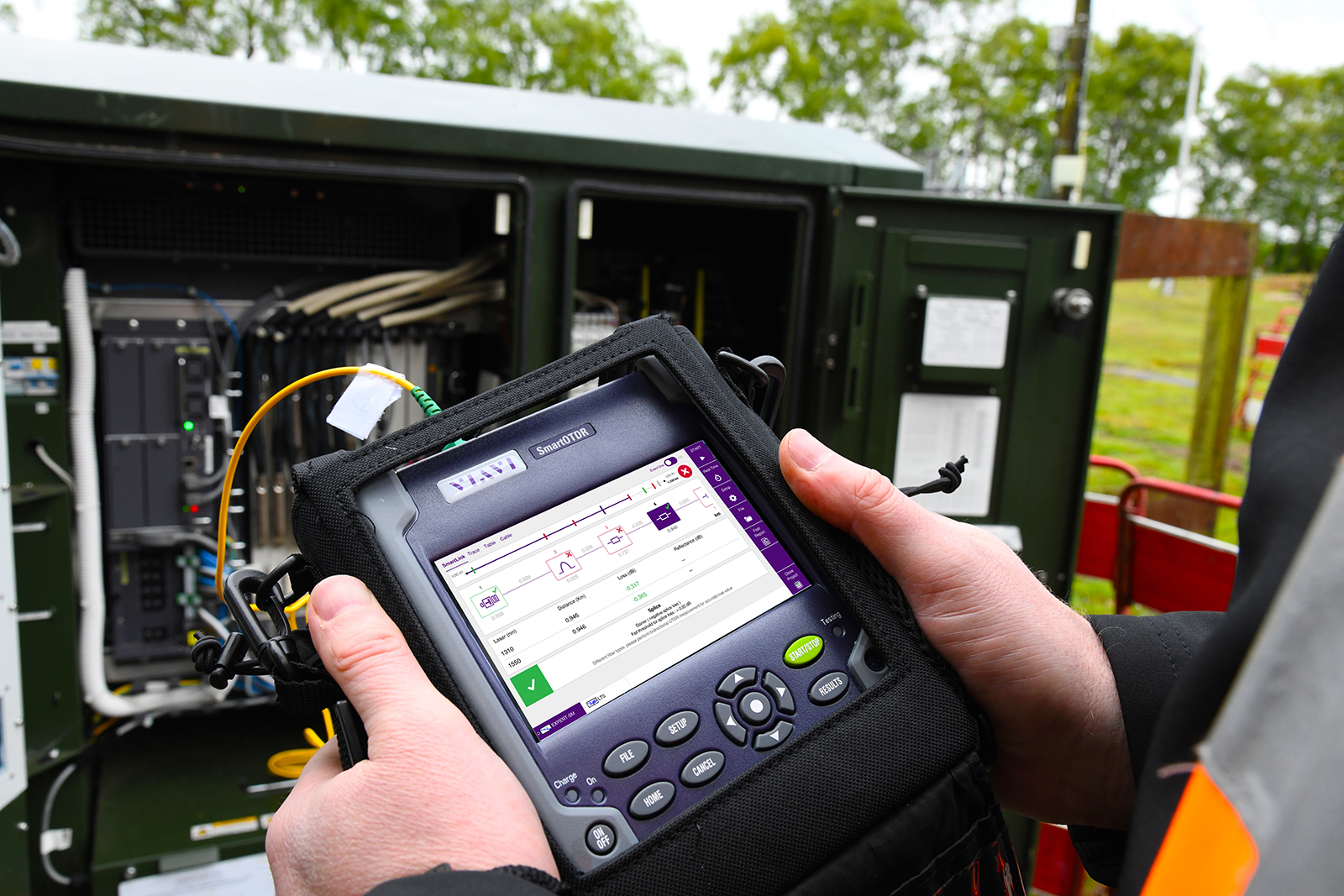7 Signs that you need to upgrade your optical measurement system
7 Signs that you need to upgrade your optical measurement system
Blog Article
A Comprehensive Overview to Optical Measurement System for Fiber Analysis
When it pertains to fiber analysis, comprehending optical dimension systems is crucial for reviewing performance and making sure high quality. You'll explore vital strategies like interferometry and spectroscopy, which help you determine crucial criteria. There's even more to it than just these methods; mastering attenuation measurement methods can substantially influence your network's performance. As you navigate through this guide, you'll discover insights that might change your approach to fiber optics.
Comprehending Optical Measurement Systems
When you explore optical measurement systems, you'll find they're essential for analyzing fibers with precision. These systems utilize light to evaluate various qualities of fibers, including diameter, refractive index, and uniformity. By utilizing methods like interferometry and spectroscopy, you can obtain valuable insights into the fiber's properties.You'll locate that these systems are created to reduce errors and enhance precision, making certain trustworthy information for your analysis. Different arrangements, such as single-mode and multi-mode systems, accommodate details fiber kinds, allowing you to choose the most effective suitable for your needs.Moreover, the combination of sophisticated software devices assists you translate the data successfully, making it much easier to determine any incongruities or issues. As you check out deeper right into these dimension systems, you'll appreciate how they streamline the analytical procedure and enhance the general high quality of fiber production and screening.
Trick Criteria for Fiber Analysis
Key specifications for fiber analysis play an important function in determining the top quality and efficiency of optical fibers. When you assess a fiber, you'll want to focus on characteristics such as depletion, transmission capacity, and modal diffusion. Attenuation determines the loss of signal stamina as light journeys with the fiber. A reduced attenuation worth indicates far better quality and longer transmission distances - optical measurement system.Bandwidth describes the data-carrying capacity of the fiber and is important for high-speed interaction. You'll need to analyze the bandwidth to ensure it meets your application demands. Modal diffusion, which occurs from the various rates at which light travels with numerous modes in multimode fibers, affects signal clearness
Strategies for Attenuation Measurement

Transmission capacity and Its Influence on Performance
Recognizing data transfer is essential for maximizing fiber performance, as it straight influences the amount of information that can be transmitted over a network. Greater bandwidth suggests you can send out more info simultaneously, permitting for faster communication and much better overall performance. When you're functioning with optical fibers, it's crucial to take into consideration exactly how transmission capacity communicates with fiber features, such as core size and product properties.If the bandwidth is restricted, you may experience data loss or slower rates, impacting your applications. In addition, different sorts of fibers can support varying transmission capacity levels, so it's crucial to pick the appropriate fiber for your details needs.You ought to additionally remember that ecological elements, like temperature level and outside interference, can affect transmission capacity. By understanding these elements, you can make educated choices to boost your fiber optic systems, guaranteeing Click This Link trusted and efficient data transmission.
Refractive Index Measurement Methods

Complete Internal Representation
Complete interior reflection (TIR) functions as an essential principle for measuring the refractive index of fibers. When light trips from a denser tool to a less thick one, it can only be completely reflected if the angle of occurrence exceeds a details limit, understood as the critical angle. This sensation allows you to figure out the refractive index by analyzing the angles at which light shows or refracts. By using an arrangement that directs light right into a fiber and gauges the resulting angles, you can determine the refractive index properly. Understanding TIR not just enhances your fiber analysis yet also boosts the design and efficiency of optical systems. Leveraging TIR can lead to more efficient fiber-based applications.
Interferometric Methods
Structure on the principles of total interior reflection, interferometric strategies give an effective means for measuring the refractive index of fibers with high precision. These methods make use of the interference patterns produced when light beam of lights split and recombine after taking a trip various courses. You can make use of setups like the Michelson or Mach-Zehnder interferometer to analyze phase shifts triggered by modifications in refractive index. By meticulously calibrating your system and examining the resulting edges, you can determine the refractive index with amazing accuracy. It's essential to preserve steady ecological problems to decrease mistakes. With these strategies, you'll enhance your understanding of fiber homes, causing far better efficiency in numerous applications, from telecoms to sensing unit modern technology.
Modal Dispersion and Its Significance
Modal diffusion describes the dispersing of light pulses as they travel with a fiber, which can affect the total efficiency of the system. You'll see that this sensation can result in signify distortion, affecting information transmission prices and quality. Understanding its value is crucial for enhancing fiber optic designs.
Interpretation of Modal Diffusion
In optical fiber interactions, modal dispersion plays a significant duty in figuring out signal high quality and transmission speed. It happens when different light settings travel at differing speeds via the fiber. Considering that each mode has distinctive next page paths and features, they can reach the receiving end at various times. This time around distinction can result in signify spreading and distortion, which can degrade the general performance of the interaction system. You might come across modal dispersion mostly in multimode fibers, where the multiple courses of light intensify the concern. Understanding modal diffusion is important for maximizing fiber designs and making certain that your communication systems run effectively, maintaining the stability of the transmitted signals over longer distances.
Results on Fiber Performance
Comprehending modal diffusion helps highlight its impacts on fiber efficiency. This sensation occurs when various settings of light traveling at varying speeds within the fiber, bring about signal spreading with time. As you analyze fiber optics, you'll observe that raised modal dispersion can considerably weaken signal quality, resulting in minimized transmission capacity and longer transmission distances. In useful terms, this indicates your information can get here distorted or delayed, affecting total interaction performance. To mitigate these effects, you may think about making use of single-mode fibers, which decrease modal dispersion. By choosing the best fiber type and recognizing just how modal diffusion influences performance, you can improve transmission high quality and click this link warranty reputable data transfer in your optical dimension systems.
Devices and Technologies for Optical Measurements
When it involves optical dimensions, numerous innovative tools and innovations go to your disposal to boost fiber evaluation. You'll find fiber optic testers, which evaluate signal top quality and efficiency, crucial for maintaining perfect network effectiveness. Optical time-domain reflectometers (OTDRs) are important for locating faults and gauging loss over distances, offering comprehensive insights right into fiber honesty. Additionally, spectrometers can analyze light ranges, aiding you determine material residential properties and composition.Don' t ignore the significance of imaging systems, like digital microscopic lens, that enable you to visually evaluate fiber surfaces for defects. Think about using polarization analyzers to determine tension and pressure in fibers, which is vital for understanding their habits under various problems. By leveraging these tools and modern technologies, you can substantially improve your fiber evaluation processes, making sure reliability and high efficiency in your optical networks.
Frequently Asked Concerns
What Are the Prices Related To Optical Measurement Systems?
The expenses related to optical dimension systems can differ significantly. You'll require to evaluate devices rates, maintenance costs, software licenses, and prospective training expenditures. Budgeting thoroughly will assist you stay clear of unexpected monetary obstacles down the line.

Exactly How Frequently Should Fiber Analysis Be Carried Out?
You ought to carry out fiber analysis frequently, usually every six months or after considerable changes in the environment (fibre testing equipment). This ensures perfect performance and helps recognize possible problems before they impact your system's efficiency and integrity
Can Optical Measurement Equipments Be Adjusted at Home?
Yes, you can calibrate optical dimension systems in your home, however it needs precision. Make sure you adhere to the maker's standards, utilize suitable calibration standards, and ascertain your outcomes to ensure accuracy in your measurements.
What Industries Commonly Make Use Of Optical Measurement Solutions?
You'll find optical measurement systems extensively utilized in industries like telecoms, production, medical care, and research. They're vital for quality control, fiber analysis, and making sure specific dimensions in different applications, improving effectiveness and accuracy across fields.
Are There Any Type Of Safety And Security Worry About Optical Measurement Solutions?
Yes, there are safety and security interest in optical measurement systems. You need to always wear safety eyeglasses to shield your eyes from extreme source of lights and warranty appropriate training to handle equipment safely and stay clear of accidents.
Report this page